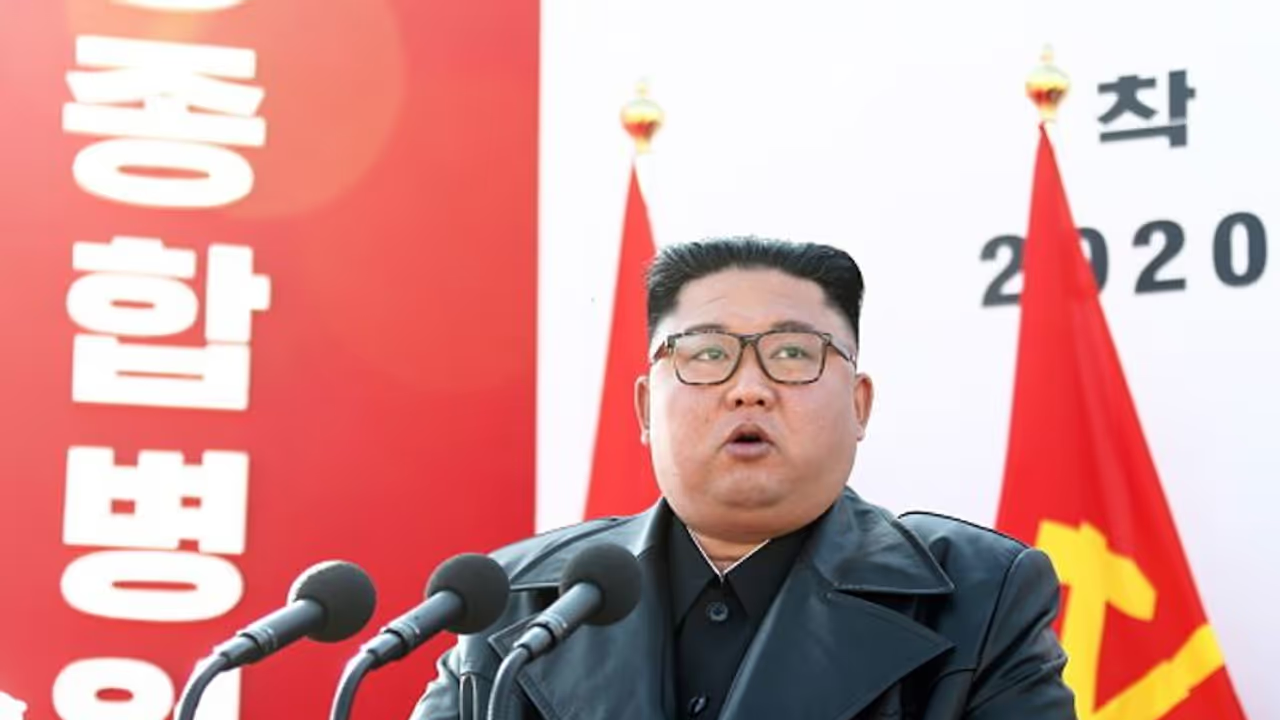North Korean leader Kim Jong Un pledged to boost the military power at the ruling party conference
North Korea launched a suspected ballistic missile into its eastern seas in the early hours of the morning. On Wednesday, South Korean and Japanese forces claimed that such a launch occurred for the first time in two months despite the long-dormant international diplomacy on the North's nuclear programme. Last week, North Korean leader Kim Jong Un committed to increasing military capabilities at the governing party congress. The rollout is thought to be a part of the promise. According to a statement issued by South Korea's Joint Chiefs of Staff on Wednesday morning, North Korea launched a suspected ballistic missile into its eastern seas. South Korean and US intelligence agencies delve deeper into the launch's specifics.

In addition, the Japanese Defence Ministry detected the North Korean military's missile launch, and the nation most certainly shot a missile. "We find it extremely terrible that North Korea has continued to fire missiles since last year," Japanese Prime Minister Fumio Kishida told reporters. Kishida went on to say that further details, such as where the missile landed and if it did any damage, are presently unavailable. Officials, he added, are checking the safety of ships and planes in the region where the missile is anticipated to launch and land.
Also Read: North Korea bans laughing, drinking for 10 days on Kim Jong-il's 10th death anniversary
Between September and November, North Korea made significant modifications to enhance its military, including deploying nuclear-capable missiles that threaten South Korea and Japan, both of which are vital US allies in the area. Experts see North Korea putting pressure on its adversaries to recognise it as the region's nuclear power and remove international sanctions against it. The US government has often stated that it is willing to resume nuclear dialogue with North Korea "anywhere and anytime," with no preconditions. North Korea has given the US administration the cold shoulder, claiming that its antagonism remains unaltered.
The US-led diplomacy has focused on persuading North Korea to abandon its nuclear programme, which collapsed in 2019 owing to disagreements over how much assistance should be granted to North Korea for it to destroy its main atomic facility. Kim has since vowed to increase his nuclear and missile arsenals. In last week's plenary meeting of the governing Workers' Party's Central Committee, Kim reiterated his commitment to strengthening his country's military capabilities and ordered the construction of a more robust and complex weapons system.
Kim marked his tenth year in power last month, following his father's death, North Korea's long-time dictator, Kim Jong Il, in December 2011. Kim Jong Un has achieved absolute control in North Korea and reinforced the military. However, the country is suffering economically due to the coronavirus epidemic.
